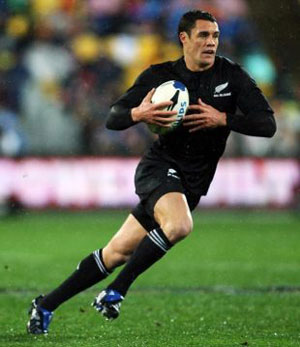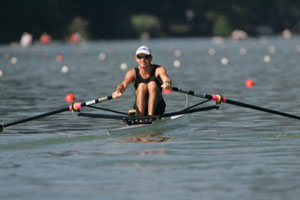Professional Sportsperson
Tasks & duties

Professional sportspeople may do some or all of the following:
-
train regularly to keep fit and healthy
-
practise the sport to develop their skills
-
consult with health professionals
-
train by themselves or with their team under the supervision of a coach
-
play in competitive national or international games
-
captain their team
-
have contact with the media
-
address public meetings
Specialisations
Professional sportspeople specialise in a chosen sport such as rugby, tennis, cricket, netball or golf. If the chosen sport is a team game then they may specialise in a particular area or position.
Skills & knowledge

Professional sportspeople need to have a high level of sporting ability, and must be able to play competitively at a national and international level. A good knowledge of the rules, techniques and skills of their sport is vital. They should also have the ability to recognise and improve on any problems in their performance.
Professional sportspeople need to know how to use and care for their sporting equipment such as balls, rackets and special shoes or boots. It is important that they know about different fitness techniques, how to maintain a healthy diet and lifestyle, and avoid injury. Knowledge of sports psychology may also be useful.
Entry requirements
To become a professional sportsperson you need to have experience and a good knowledge of your sport.
Training on the job
Professional sportspeople practise and train to develop their skills. They also have to keep up to date with changes in the rules and developments within their sport.
Useful experience
Useful experience includes playing junior, school or amateur sport, coaching or any physical or athletic training.
For more information, please refer to Career Services.
Document Actions
